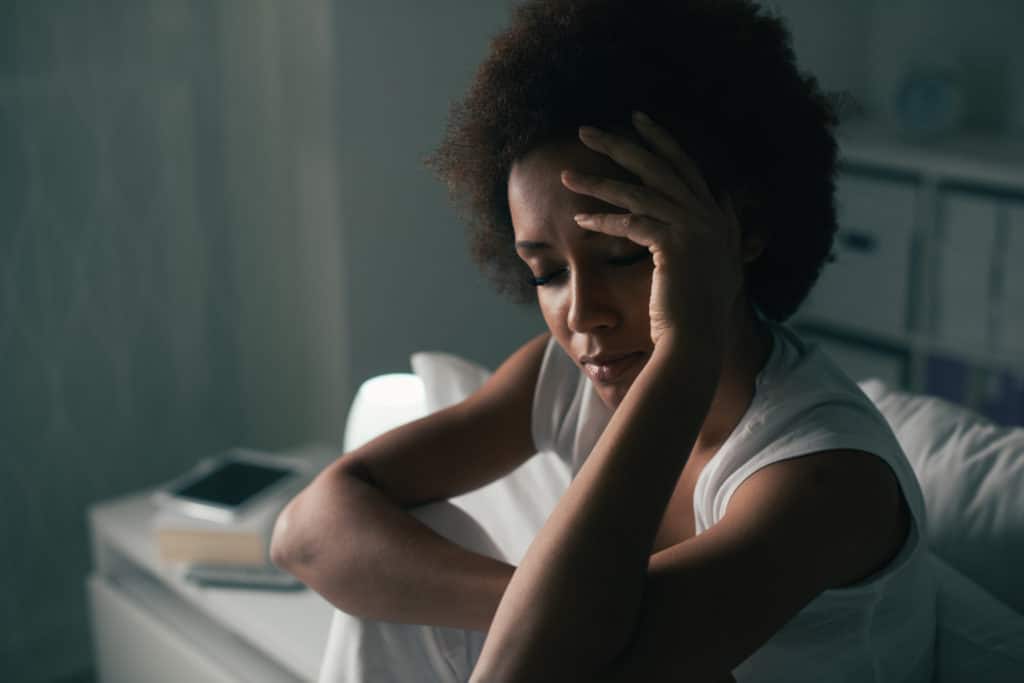Anxiety and Addiction
Anxiety and Anxiety Disorders
Anxiety is a complex condition that affects millions of people worldwide. It’s a broad term that can manifest differently in everyone. It is commonly defined as “a nervous disorder characterized by a state of excessive uneasiness and apprehension, typically with compulsive behavior or panic attacks.” Anxiety and addiction often go hand-in-hand.
Just like anxiety itself, panic attacks vary from person to person. Some individuals may experience all the symptoms, while others only encounter a few. Common symptoms of anxiety and panic attacks may include:
- Rapid heartbeat
- Sweating
- Difficulty breathing
- Muscle tension
- Nausea or vomiting
- Fatigue
- Insomnia
- Disorientation
- Fear or dread
- Restlessness and inability to relax
- Desire to isolate or avoid social settings
Types of Anxiety Disorders
Anxiety manifests in different forms, and each person can have unique triggers. According to Medical News Today, anxiety can be characterized by a reaction that is disproportionate to the original trigger or stressor—leading to irrational thoughts and overreactions.
Generalized Anxiety Disorder (GAD)
The most common form of anxiety disorder, GAD involves chronic and excessive worry about nonspecific life events, objects, or situations. Its cause is often unclear.
Social Anxiety Disorder
This disorder stems from a fear of being judged in social settings or publicly embarrassed. Sufferers may avoid social interactions, large gatherings, or public speaking, often leading to isolation and missed life events.
Obsessive-Compulsive Disorder (OCD)
OCD involves using repetitive thoughts or behaviors to cope with anxiety. This may include excessive cleaning, checking things repeatedly, or other ritualistic behaviors.
Post-Traumatic Stress Disorder (PTSD)
PTSD is rooted in a specific traumatic event, such as physical assault, military combat, or a serious accident. Unlike GAD, PTSD has a clear, identifiable trigger.
Separation Anxiety Disorder
This condition causes intense distress when separated from a “safe” person or place. It’s more than simple clinginess—it can prevent individuals from functioning normally at work, school, or in everyday life.
How Is Anxiety Related to Substance Abuse?
People struggling with anxiety are often prescribed medications to help manage symptoms. These medications may include:
- Xanax
- Librium
- Klonopin
- Valium
- Ativan
- Lexapro
- Prozac
- Paxil
- Zoloft
- Marplan
- Nardil
- Emsam
- Parnate
While helpful when used correctly, these medications carry a risk of addiction if misused. Individuals with anxiety may also turn to drugs or alcohol to self-medicate. Though this might provide temporary relief, it often worsens both conditions over time.
Dual Diagnosis Treatment
Treating anxiety and addiction together is critical. Through dual diagnosis treatment, both conditions are addressed simultaneously. Focusing on addiction alone—while ignoring the underlying anxiety—often leads to relapse.
Substance abuse and anxiety both alter brain chemistry. Reversing these changes takes time and involves detox, evidence-based therapies, and holistic support. Individuals must learn tools to manage anxiety, recognize triggers, and avoid returning to harmful coping mechanisms.
About Cliffside Malibu
Cliffside Malibu believes in treating the root cause of addiction—in this case, anxiety. By exploring its origins and helping patients understand their anxiety, we lay the foundation for long-term recovery.
Each individual undergoes a full assessment, and a customized treatment plan is created. Patients are also placed within one of the five stages of the Transtheoretical Model:
- Precontemplation
- Contemplation
- Preparation
- Action
- Maintenance
This stage-based approach ensures patients receive care that meets them where they are in their recovery journey, using stage-matched interventions to move them forward.
Cliffside Malibu provides a full continuum of care, including medically supervised detox, residential treatment, day treatment, and outpatient services. We treat individuals with a primary diagnosis of substance and/or alcohol use disorder in a safe, structured environment built for sustainable sobriety.
For more information, visit cliffsidemalibu.com.
